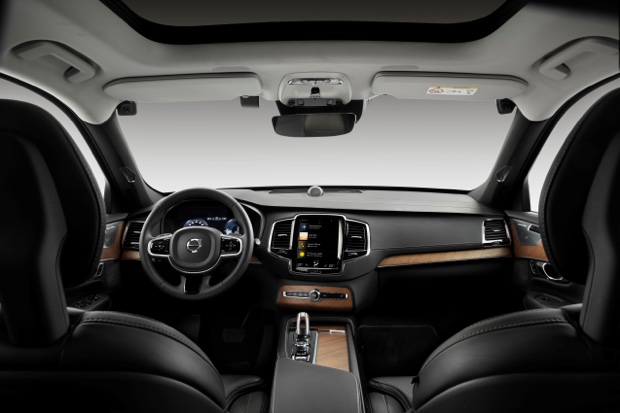22 March 2019
Volvo cars to feature in-car cameras and intervention against intoxication and distraction
Volvo is to equip its cars with cameras to monitor drivers and detect if they are intoxicated or distracted in its latest move to end fatalities in its vehicles.

Apart from speeding, which Volvo aims to help combat with a top speed limit, intoxication and distraction are two other primary areas of concern for traffic safety. Indeed data from the United States of America for 2017 revealed almost 30% of all traffic fatalities in vehicles involved intoxicated drivers.
In-car cameras and other sensors that monitor a driver will allow a car to intervene if a "clearly intoxicated or distracted driver” does not respond to warning signals and is risking a crash involving serious injury or death.
That intervention could involve limiting the car's speed, alerting the Volvo On Call assistance service and, as a final course of action, actively slowing down and safely parking the car. Introduction of the cameras on all Volvo models will start in the early 2020s.
Recently, Volvo also announced that it was limiting the top speed on all its cars to 112 mph (180kph) from model year 2021, in order to send a "strong signal” about the dangers of speeding.
Henrik Green, senior vice president, research and development at Volvo Cars, said: "When it comes to safety, our aim is to avoid accidents altogether rather than limit the impact when an accident is imminent and unavoidable. In this case, cameras will monitor for behaviour that may lead to serious injury or death.”
Examples of such behaviour include a complete lack of steering input for extended periods of time, drivers who are detected to have their eyes closed or off the road for extended periods of time, as well as extreme weaving across lanes or excessively slow reaction times.
Trent Victor, professor of driver behaviour at Volvo Cars, added: "There are many accidents that occur as a result of intoxicated drivers. Some people still believe that they can drive after having had a drink, and that this will not affect their capabilities. We want to ensure that people are not put in danger as a result of intoxication.”
Volvo says that both the speed limit and the installation of in-car cameras illustrate how car makers can take active responsibility for the aim of achieving zero traffic fatalities by supporting better driver behaviour.


